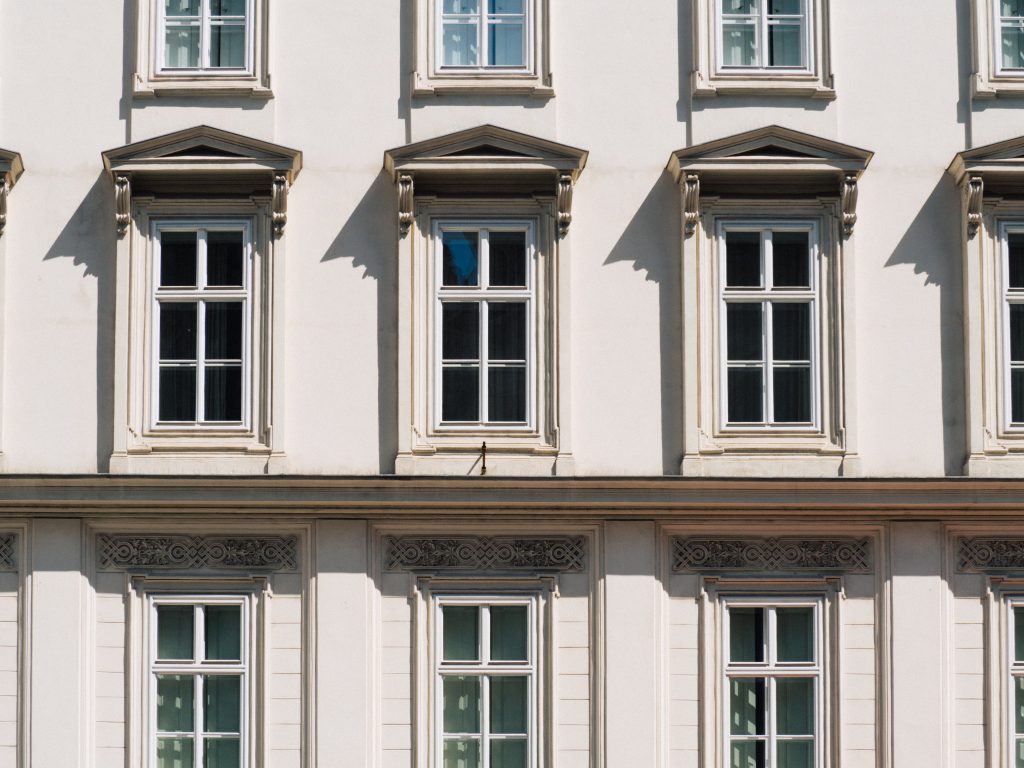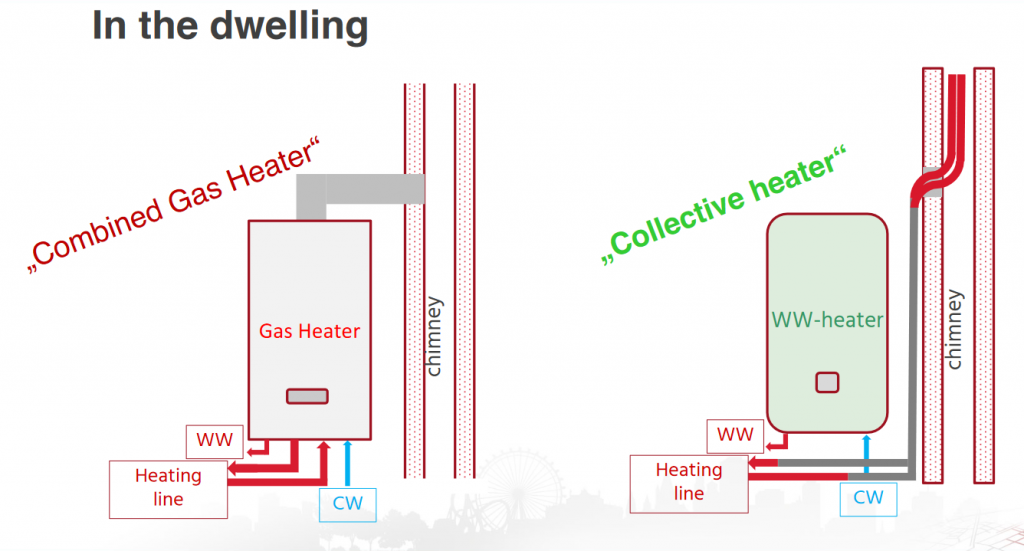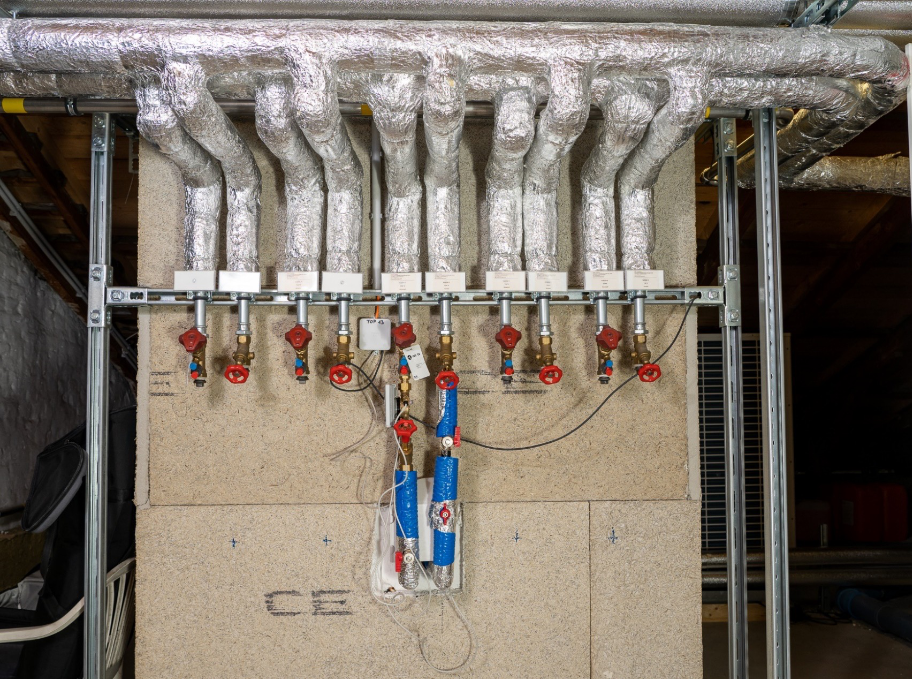From individual gas boilers to a centralised renewable heating system? Challenge accepted!

© Luca Dugaro
The question of decarbonising condominiums, especially when each flat has its own boiler, is coming back over and over, because it is a sensitive one. With the ambition of being climate-neutral by 2040 and a big history of social housing, the city of Vienna has a lot to share and teach us.
More than a century of experience with social housing
Since the early 1920s, Vienna has been developing its social housing programme. A century later, almost half of the Viennese people live in one of the 420,000 subsidised dwellings, and Vienna is considered one of the most liveable cities in Europe. The municipality owns slightly more than half of the dwellings, while the rest are co-operative flats built with municipal subsidies. However, this great model dating back to a time when fossil gas did not sound like a bad idea is now facing the issue of urgent decarbonisation. Even though the city has put forward a plan, the question of condominiums, especially when inhabited by vulnerable citizens, is not an easy task. And yet, some actors of the social housing market are not afraid to face the challenge.
Sozialbau AG is one of the not-for-profit Austrian housing associations. Their activities cover around 53,000 dwellings, representing 120,00 inhabitants (7% of Vienna’s population!). Around 11% of the properties for which they are responsible are heated by individual gas systems. In 2018, Sozialbau AG started reflecting on how to propose decarbonised centralised heating systems to their customers, seeing the necessity to embrace the energy transition. Replacing 6,000 gas boilers is not easy, especially when you have to convince every single tenant, so starting early was part of the strategy.
The attic, the chimney, and the heat pump: the perfect combination
After a careful study of possibilities, Sozialbau AG started its strategy to phase out individual gas boilers in 2019 with dwellings of the Miesbachgasse. The reason for starting here was simple: every flat had a chimney flue, which would make the whole process easier. In every flat, the individual gas boiler was replaced by an electric boiler, connected to the central one in the attic through the chimney flue.

A gas heater would remain in case the heat pump would fail (which only happened once out of three winters, because of extraordinarily freezing days). The most challenging was not the technical part, but actually finding qualified workers. Often, standardised systems are pushed through because they are thought to be easier to install and maintain – and mostly because workers are used to working with gas boilers. Vienna has some training centres which is a solution to bring everyone in the different technologies and accelerate the replacement of gas boilers.
In terms of installation costs, it could vary between €3,300 and €5,200 per flat, with a support of €5,000 maximum brought to residents thanks to the savings from the property. As regards the heating costs, they depend on a heating cost metering system and they are billed to each tenant independently.

Working together with tenants: the key to success
Even if discussions with tenants happened before starting the works, especially around corporate values Sozialbau AG had about fighting climate change and the philosophy around that, the biggest part of the dissemination and exchanges happened once the heat pump was installed in the attic. It helped making it visual and real. Following this, a brochure was designed and distributed to every tenant, a customer helpdesk was set up to make it easier for tenants to make appointments and ask all the questions they may have had.
The major game changer was when they released a short video of two minutes, shot as an action film, which showed how quick the intervention of the workers in each flat would be. Since the interruption in the residents’ private spaces was the main concern for the tenants, they were all relieved to see that the average time per flat would be between 3 to 5 hours. One flat after another, gas boilers were going away.
Main takeaways
The initiative taken by Sozialbau AG has proven fair and inclusive, and a huge part of this is due to good communication with tenants, using different channels and formats. The decision to start planning early and going one flat after the other also contributed to streamlining the work and avoiding too many bottlenecks. This solution can be easily replicable for any building with a chimney flue – but it means finding ad hoc solutions for the others. Sozialbau AG is nonetheless showing the way towards decarbonised heating systems in social housing.
This article has been written following the first in-person project meeting in Vienna by the consortium and the Decarb Cities Conference, which Energy Cities co-organised.
